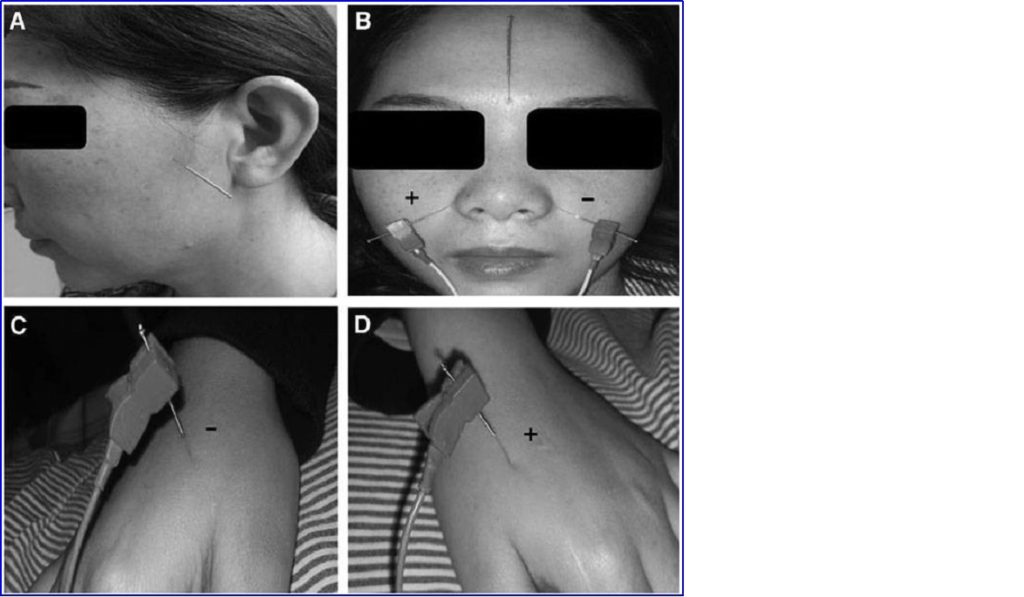Sphenopalatine Nucleus Acupuncture for Allergic Rhinitis
Kristen Sparrow • January 08, 2020

A yet to be published study on an unusual approach to acupuncture for allergic rhinitis.
Efficacy of Acupuncture at the Sphenopalatine Ganglion in the Treatment of Persistent Allergic Rhinitis
Jiao-Ping Mi, MD,1,* Peng He, MD,1,* Fang Shen, BS,1 Xuan Yang, MD,2 Miao-Feng Zhao, BS,1 and Xin-Ye Chen, MD1
ABSTRACT
Objective: The aim of this research was to explore the hypothesis that acupuncture at the sphenopalatine ganglion (SPG), a new a new method of acupuncture, would be more efficacious and safe than traditional acupuncture in the treatment of persistent allergic rhinitis (PAR).
Materials and Methods: For this study, 120 patients with PAR were randomly assigned to SPG acupuncture, traditional acupuncture (Yingxiang [LI 20], Hegu [LI 4], and Yintang [Ex-HN 3]), or drug treatment (bude- sonide nasal spray). Efficacy was assessed by using single symptoms, including sneezing, rhinorrhea, nasal obstruction and nasal itch, a total nasal symptoms score (TNSS), and a Rhinoconjunctivitis Quality of Life Questionnaire (RQLQ) before treatment, the day treatment ended, and 4-, 8-, 12-weeks later, respectively.
Results: Four weeks after treatment ended, the effectiveness rate in the SPG-acupuncture group was superior to that of the traditional-acupuncture group (P = 0.033) but was still lower than that of the drug-treatment group (P = 0.039), with mean effectiveness rates of 69.70%, 44.44%, and 71.43%, respectively. However, these rates gradually decreased in each group during weeks 8 through 16. Moreover, statistically significant improvements in TNSS’, and reductions in nasal congestion and sneezing symptoms were observed in the SPG-acupuncture group, compared with those in the traditional-acupuncture group as early as the day treatment ended and this continued throughout the observation period (P < 0.05). However, the improvement did not continue for sneezing, during weeks 8 through weeks 12 after treatment ended. The RQLQ of the SPG-acupuncture group was lower than that of the traditional-acupuncture group at week 12; however, there were no differences at weeks 8 and 16.
Conclusions: The data generated by this study confirmed that acupuncture at the SPG alleviated the symptoms of PAR rapidly and safely, especially nasal obstruction, and improved the patients’ life quality. These results were worthy of clinical promotion.

